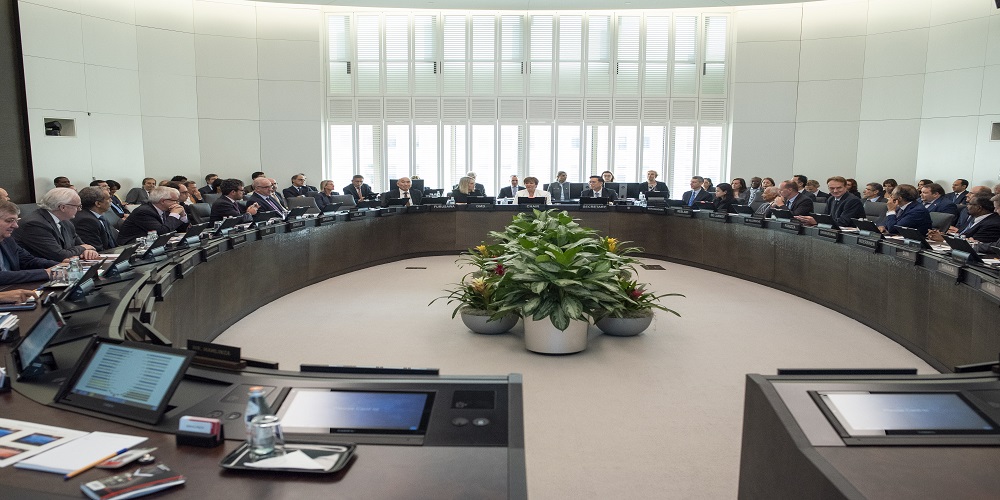However, there is still an opportunity for further debate, and the round of negotiations might be prolonged until next week since the Pakistani team is likely to stay in Washington DC longer.
As a result, according to official sources, it is a stalemate rather than a failure.
It’s the second round of negotiations, which started on October 4 and were supposed to finish on October 15. In June, the first round of the 6th review was performed, but the results were inconclusive.
The impasse arises despite Pakistan raising power, gas, and petroleum product prices in an apparent attempt to comply with IMF criteria.
The talks “failed,” according to PMLN President Shehbaz Sharif, since the federal government had already raised prices before finishing negotiations with the IMF.
Other causes for the inconclusive negotiations have also been mentioned.
When the IMF’s assessment with Pakistan is completed, it will release a $1 billion loan tranche.
What they talked about?
The Pakistani delegation to the IMF was led by Finance Minister Shaukat, the Pakistani delegation informed IMF representatives on higher tax revenues, decreased circular debt, and gas pricing hikes. The IMF officials, however, remained unsatisfied even after the costs of power and petroleum goods were raised, and the October 15 deadline passed without both parties reaching an agreement, according to the report.
Tarin met with IMF managing director Kristalina Georgieva and US Assistant Secretary of State for South and Central Asia Donald Lu in a last-ditch bid to save the talks, but his discussions were “unproductive,” according to The Express Tribune.
The parties were unable to reach an agreement on the Memorandum of Economic and Financial Policies (MEFP) (MEFP). It’s a document that lays out the macroeconomic framework for the IMF-administered nation.
Why did the negotiations “fail”?
Officials have given no explanation for the unsatisfactory talks. It might, however, be both technical and political.
According to individuals familiar with the negotiations, the MEFP should have been reconciled at the start of the talks. The paper necessitates a high level of competence since incorrect or unviable statistics might result in the IMF program being halted.
On major predictions and price increases, the IMF and Pakistani teams disagreed. The International Monetary Fund (IMF) is alleged to have sought a further increase in the energy cost due to rising gasoline prices.
According to Muzammil Aslam, the finance minister’s spokeswoman, the finance secretary would extend his stay in Washington to finalize negotiations with the IMF.
He stated that the discussions will begin on Monday and would be completed over the following few days, but that no timetable had been set.
Shehbaz Sharif of the PMLN criticized the government’s “flawed approach” for the failure.
He said that the administration had raised prices ahead of time and that as a result, the IMF negotiations had failed.
He said that the administration misled the public and created confusion for the IMF.
Following the collapse of the discussions, the PMLN leader requested that the government reverse the price hikes.
Others have connected the deadlocked negotiations to Pakistan’s backing for the Taliban in Afghanistan, saying that it does not bode well for the nation ahead of the FATF conference next week.
